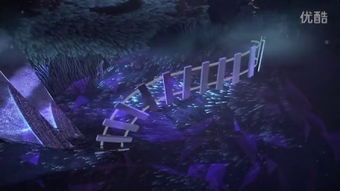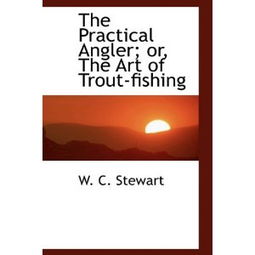Introduction:
Fishing is an ancient pastime that has been cherished by millions around the world. Whether you're a seasoned angler or a beginner looking to cast your line into the water, mastering the art of fishing can be both rewarding and fulfilling. In this article, we'll delve into the essential tips and techniques that will help you improve your fishing skills and enjoy the serenity of the water.
Understand the Basics:
Before you can start fishing like a pro, it's crucial to understand the basics. Here's what you need to know:
a. Equipment:
- Rod and Reel: Choose a rod and reel that match the type of fish you're targeting. Lighter rods are ideal for panfish, while heavier rods are better for larger species.
- Line: The type of line you use depends on the fish and the environment. Monofilament is versatile, while fluorocarbon is nearly invisible to fish and great for clear water.
- Hooks: Select the right size and type of hook for the fish you're after. For example, smaller hooks are better for panfish, while larger hooks are needed for bigger fish.
b. Bait and Lures:
- Natural Bait: Live bait, such as worms, minnows, or leeches, can be highly effective. However, it's important to be aware of local regulations regarding the use of live bait.
- Artificial Lures: Lures come in various shapes and sizes and can mimic the movement of real fish. Choose lures that match the species you're targeting.
Learn the Techniques:
Once you have the right equipment, it's time to learn the techniques that will help you catch more fish.
a. Casting:
- Backcast: Start by holding the rod at a 45-degree angle, then pull the line back and release it.
- Forward Cast: After a successful backcast, sweep the rod forward, allowing the line to fly out and land in the water.
- Trolling: Trolling involves slowly dragging a lure or bait behind a boat. It's effective for catching fish in deeper waters.
b. Baiting:
- Natural Bait: Attach the bait to the hook using a bait holder or by threading it directly onto the hook.
- Artificial Lures: Attach the lure to the hook using a swivel or a split ring.
c. Lifting and Setting the Hook:
- When a fish bites, lift the rod quickly to set the hook. The quicker you set the hook, the better your chances of landing the fish.
Patience and Observation:
Fishing is a game of patience. Here are some tips to help you catch more fish:
a. Observation:
- Pay attention to the water, weather, and fish behavior. Understanding these factors can help you determine the best spots and techniques to use.
- Look for signs of fish activity, such as bubbles, ripples, or birds diving into the water.
b. Patience:
- Don't get discouraged if you don't catch fish right away. It takes time to learn the rhythms of the water and the habits of the fish.
- Stay calm and patient, and remember that fishing is about the experience, not just the catch.
Safety First:
Always prioritize safety when fishing. Here are some tips to keep you safe:
a. Weather Conditions:
- Check the weather forecast before heading out and be prepared for changing conditions.
- Dress appropriately for the weather and bring extra layers in case it gets colder.
b. Water Safety:
- Always fish with a buddy, especially if you're in deep water or unfamiliar territory.
- Wear a life jacket if you're in a boat or in deep water.
Conservation and Ethics:
Fishing is a sustainable activity, but it's important to practice conservation and ethics.

a. Catch and Release:
- If you're not planning to keep the fish, release it gently back into the water.
- Use a dehooking tool to avoid damaging the fish's mouth.
b. Regulations:
- Be aware of local fishing regulations, including size limits, bag limits, and seasonal restrictions.
Conclusion:
Learning how to fish effectively requires patience, practice, and a willingness to learn. By understanding the basics, mastering the techniques, observing your surroundings, prioritizing safety, and practicing conservation, you'll be well on your way to becoming a skilled angler. So grab your rod, reel, and tackle box, and head out to the water. Happy fishing!












